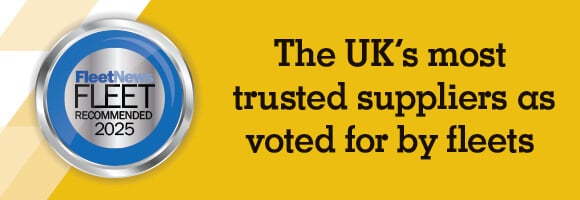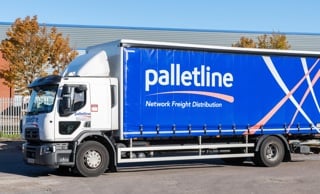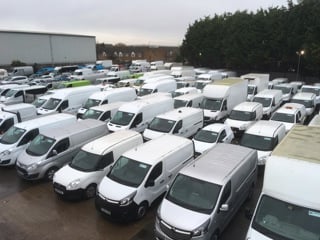A new electric ‘van plan’ is being developed to help fleets make the switch and address key concerns around the move away from internal combustion engine (ICE) vehicles.
The British Vehicle Rental and Leasing Association (BVRLA) is working with other trade associations and commercial vehicle (CV) bodies to devise the van plan, which is due to be published this quarter (Q1).
While the BVRLA said it expected adoption rates of electric cars to continue to increase, the electric van market is less clear.
Vehicle suitability, transition costs, and infrastructure accessibility remain the crucial barriers to overcome.
It hopes that the electric van plan will help the leasing sector and end-user fleets navigate some of the challenges they face, particularly when new targets have been introduced as part of the zero-emission vehicle (ZEV) mandate, which comes into force this year.
It sets out the percentage of new zero emission cars and vans manufacturers will be required to produce each year.
This year, 10% of vans and more than a fifth (22%) of cars sold by manufacturers will need to be electric.
The targets for manufacturers will increase each year, requiring 80% of new cars and 70% of new vans sold in Great Britain to be zero emission by 2030, increasing to 100% by 2035.
The BVRLA says that the fleet leasing sector is primed to play a vital role in the UK meeting its electric vehicle (EV) targets.
“The leasing sector is an essential partner to vehicle manufacturers as they ramp up their sales of zero-emission vehicles,” said Gerry Keaney, BVRLA chief executive.
Some 42% of new cars added to the BVRLA’s leasing fleet in Q3 2023 were battery electric vehicles (BEV), giving a strong foundation for the industry to achieve the 22% target set for total new car sales in 2024.
The sector is already operating more than 400,000 BEVs, representing more than a third of total cars on the BVRLA’s leasing fleet.
The average age of cars on the fleet is just over three years, also highlighting the role of the sector in feeding the used EV market with reliable second-hand cars.
“Fleet leasing is helping to deliver decarbonisation at pace,” said Keaney. “Business customers and fleet users have paved the way.”
The BVRLA says that more people are taking advantage of company-provided salary sacrifice car schemes to make the switch to electric, with year-on-year growth of 68%.
However, amidst the growth in company-provided electric cars, imbalances remain that put the UK’s wider road transport decarbonisation goals at risk, warns the trade body.
The supply of used EVs is rising faster than demand, and combined with a lack of confidence within the second-hand market is putting pressure on prices.
Latest data shows that the average price of second-hand EVs and hybrids fell by 5.9% in Q4 2023, above the average year-on-year fall of 3.3% seen on the most popular used vehicles.
Cheaper second-hand electric cars are good for consumers in the short term, but sustained market turbulence and falls in used vehicle prices eventually lead to higher prices on new leases.
In the personal lease sector, demand for electric cars is much weaker. Prospective EV drivers enjoy fewer tax incentives and have concerns around high energy costs and the impending introduction of the Vehicle Excise Duty Expensive Car Supplement for electric cars from April 2025.
Electric cars were responsible for just 15% of new personal lease registrations in Q3 2023, well below the impending ZEV Mandate target.
Keaney concluded: “With the introduction of the ZEV mandate officially mapping the UK’s journey to road transport decarbonisation, 2024 marks another critical year for the transition.
“Opportunities to support the switch are out there. It is now up to us to collectively grab them with both hands.”























Login to comment
Comments
No comments have been made yet.